At home in darien
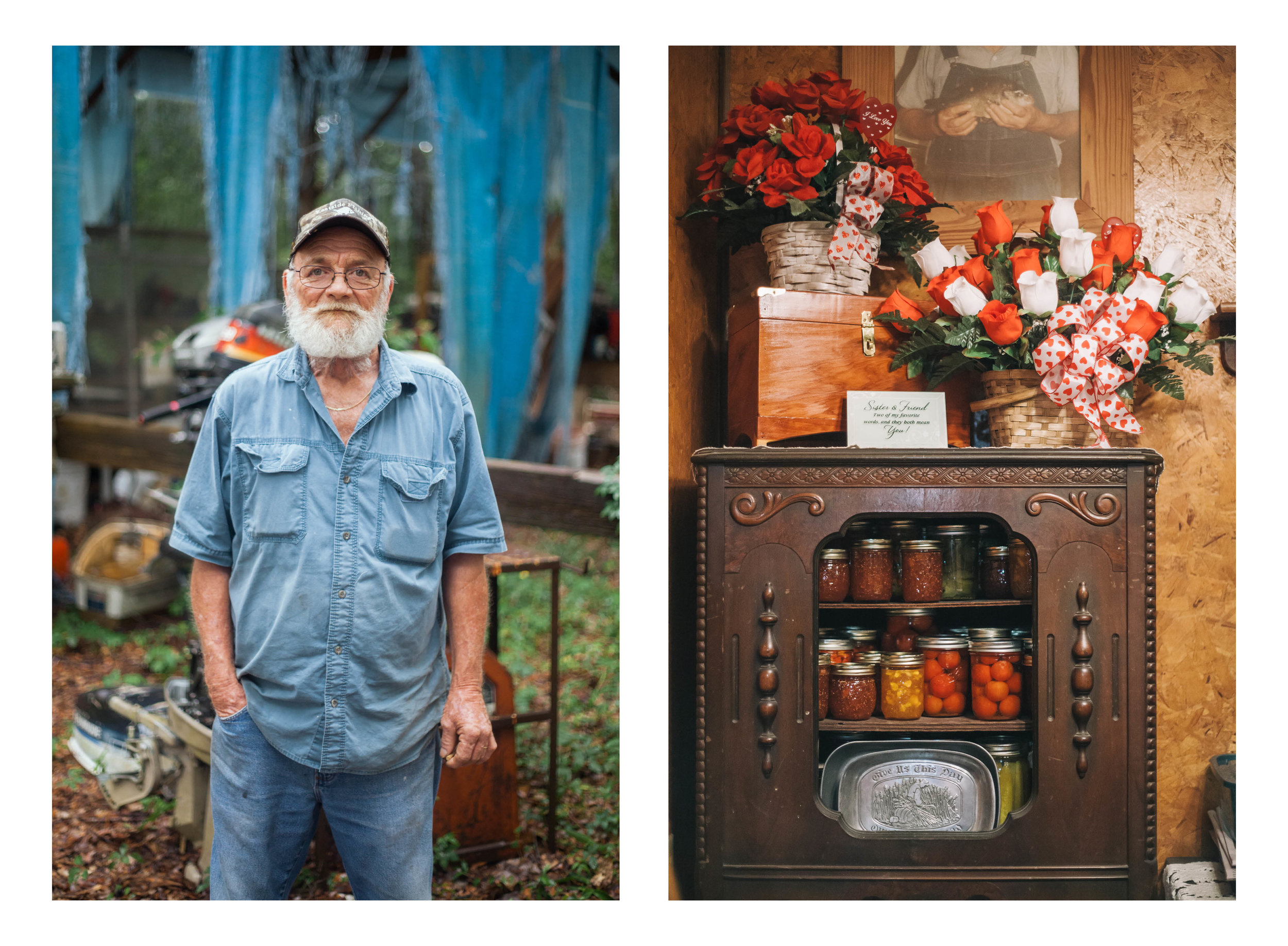
Each anniversary, Ancil gives roses to his wife, Debbie—the number of roses matching the number of years they’ve been married. He gives her artificial roses because they’ll last forever, just like his love for Debbie.
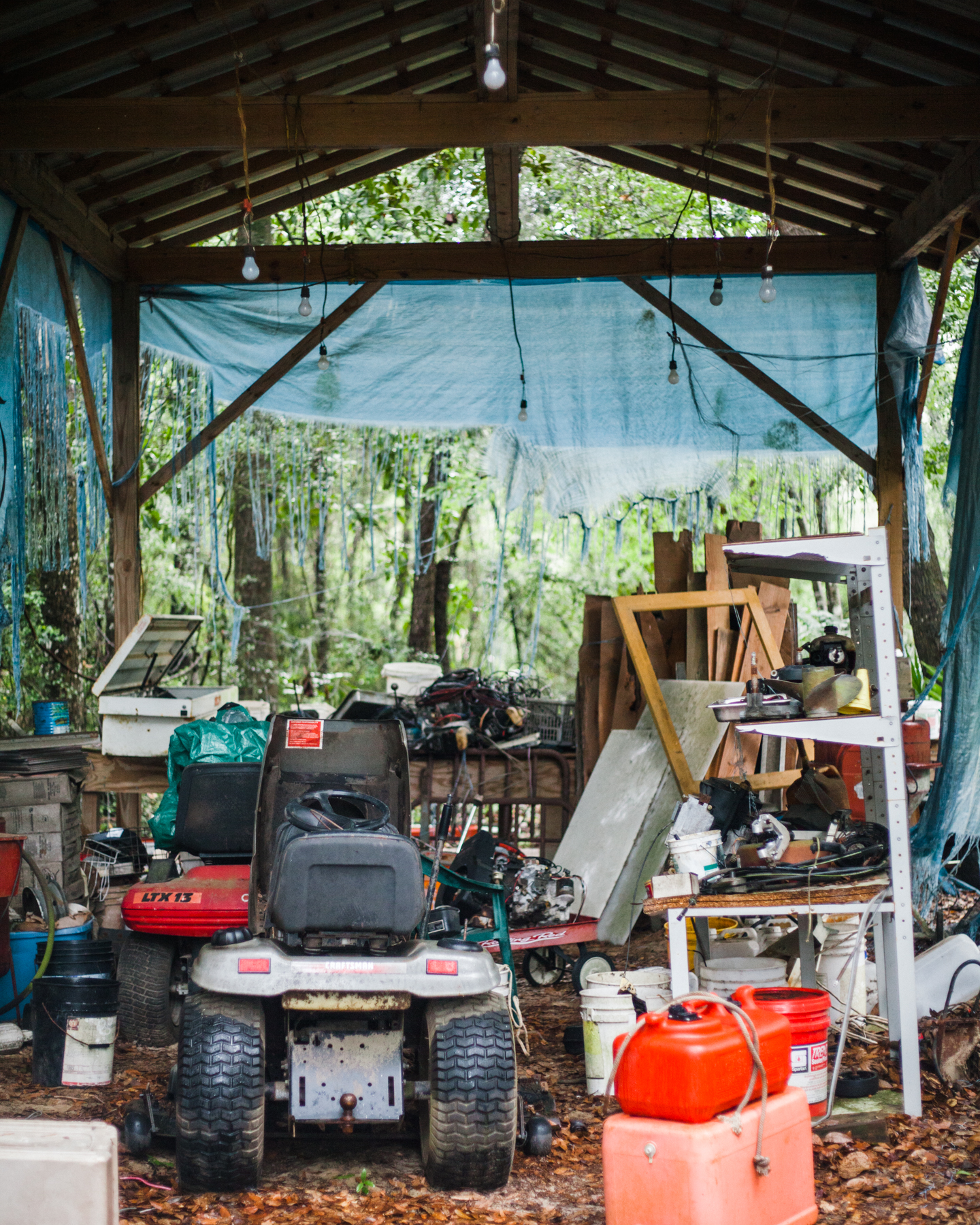
Ancil likes to tinker in his outdoor workshop.
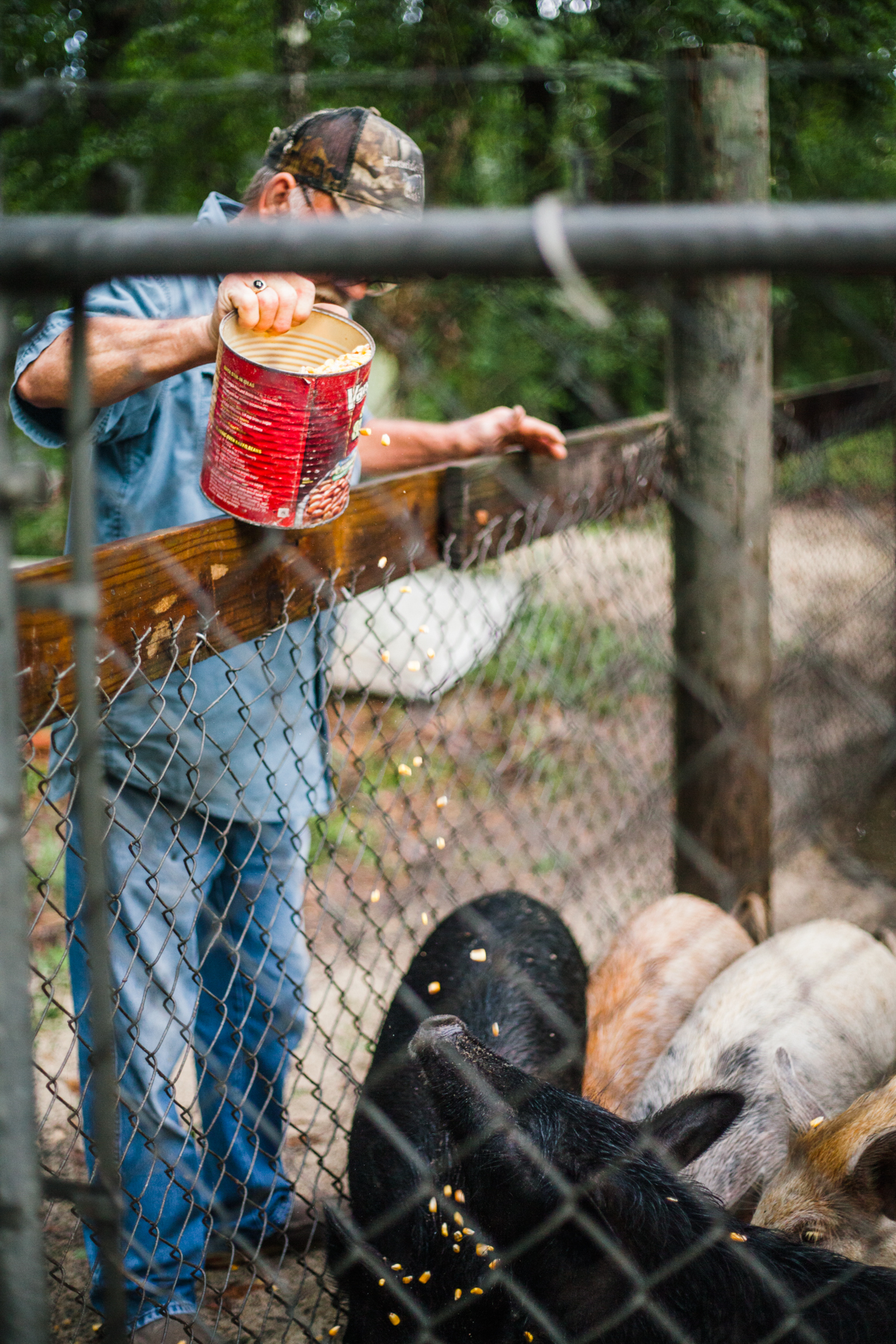
Ancil feeds the pigs. The couple has six pigs that they plan to slaughter before this year’s first frost.
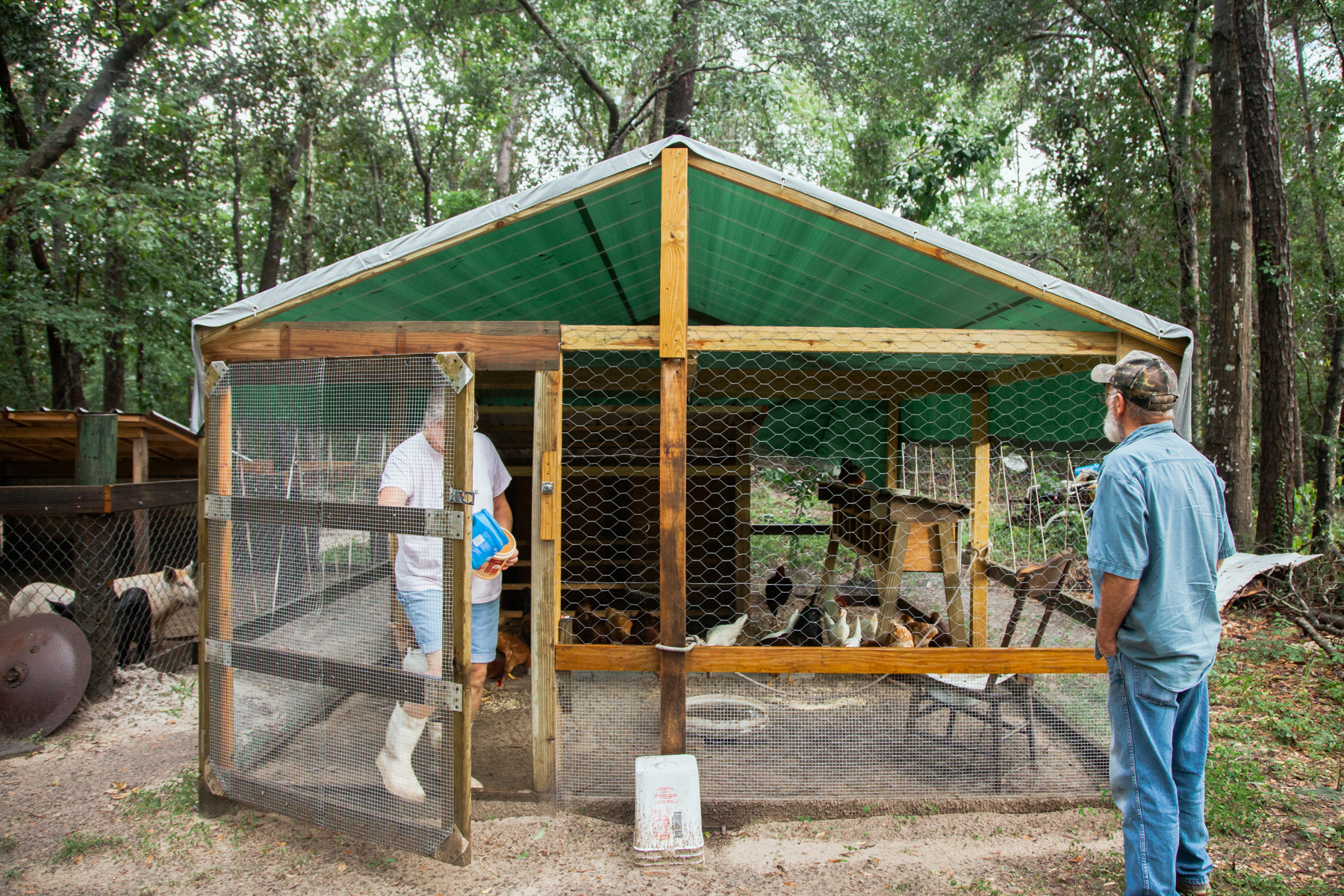
Ancil is a retired butcher who knows how to process each part of an animal. The couple agrees that the old way of butchering is dying out.
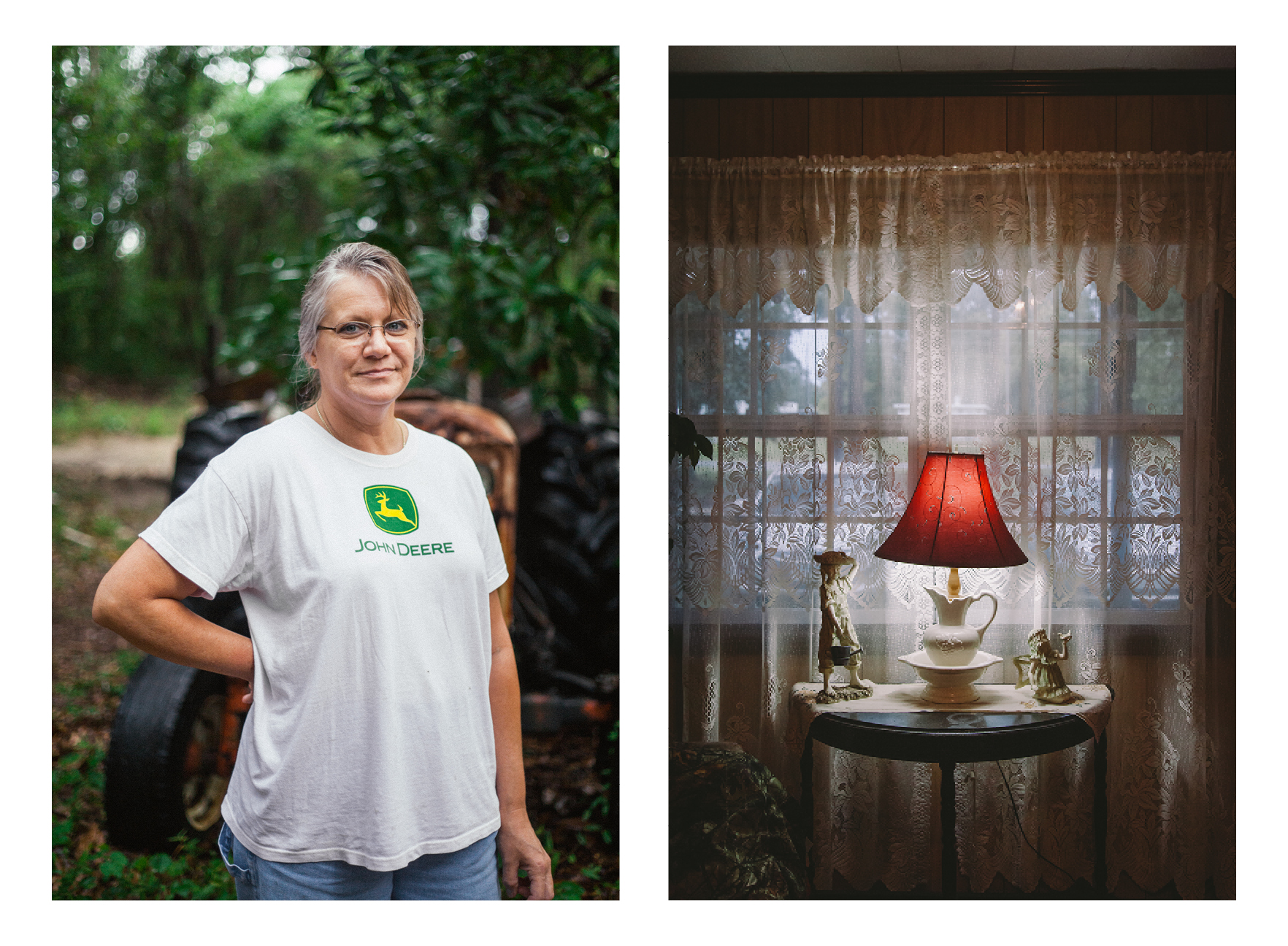
Debbie and Ancil built this house together in the 1980s on land that her grandparents owned.
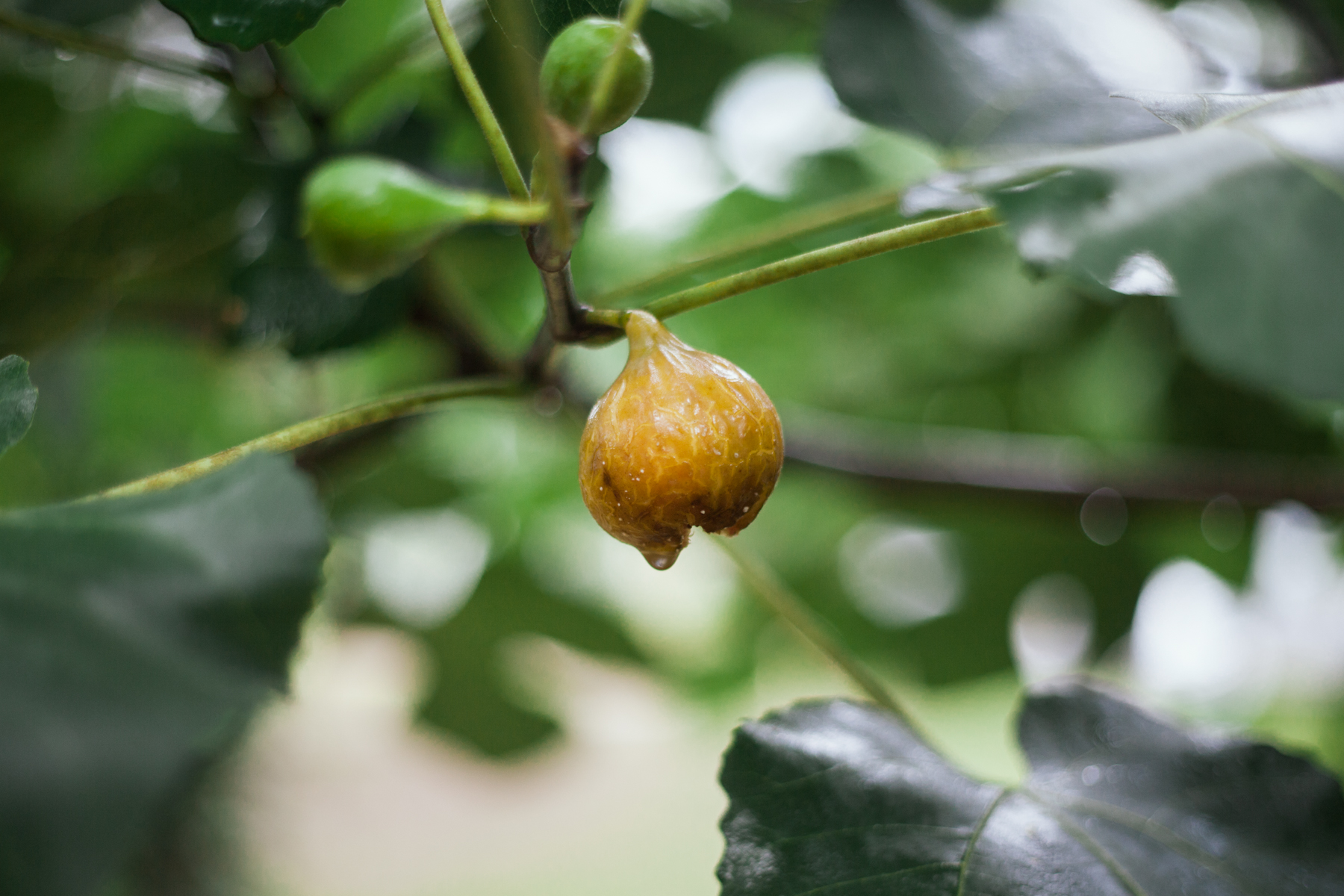
Debbie and Ancil planted this fig tree together. They care for it and use the figs to make preserves.
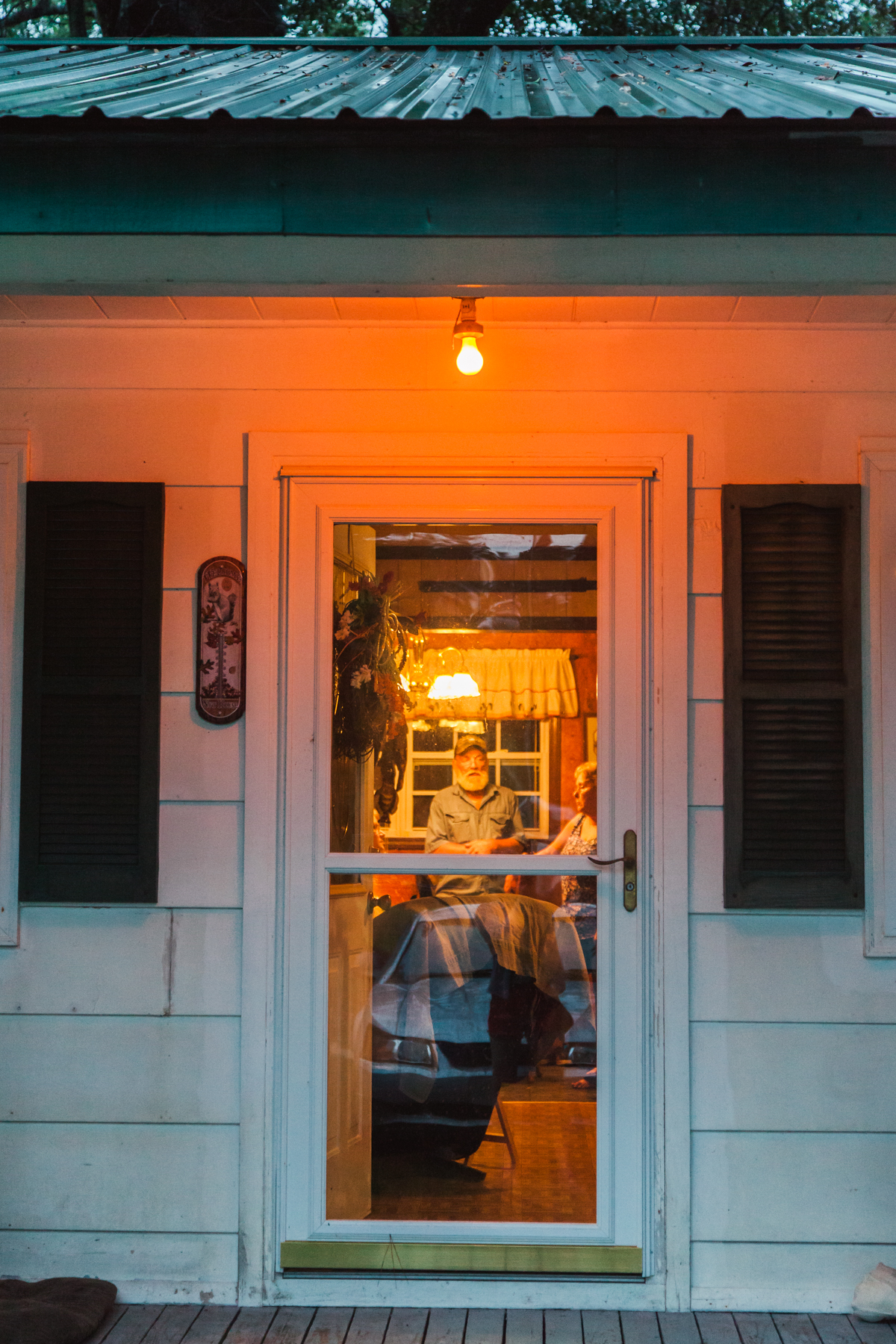
Debbie: “It’s home. It’s our home. The best thing is when I get off work and come home. Coming home and his hugs make my day. I think cause it’s something me and him built together. Through the years there’s been bad and there’s been good. We’ve had deaths, we’ve had weddings—through it all, it’s still good.”
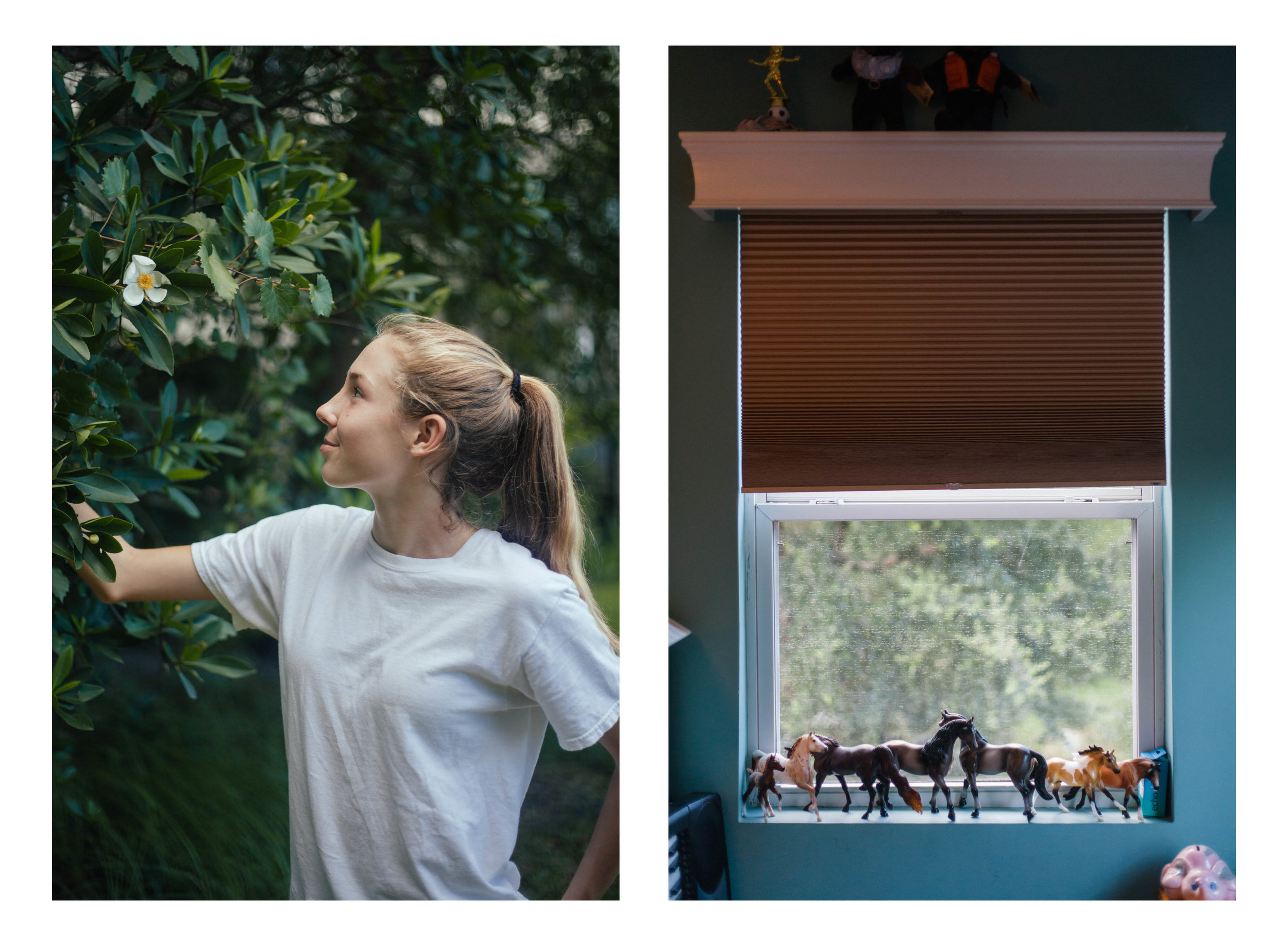
For Rylee, the most meaningful space in her family home is her bedroom.
“My room is a place of comfort. My room provides safety and security. It brings joy to me waking up in the morning seeing the beautiful day outside my windows. All of my favorite things are in my room. I see well with my huge comfy bed where I lay my head, with my million blankets because I have one of the coldest rooms in the house, with all my horses watching over me throughout the night above my head.”
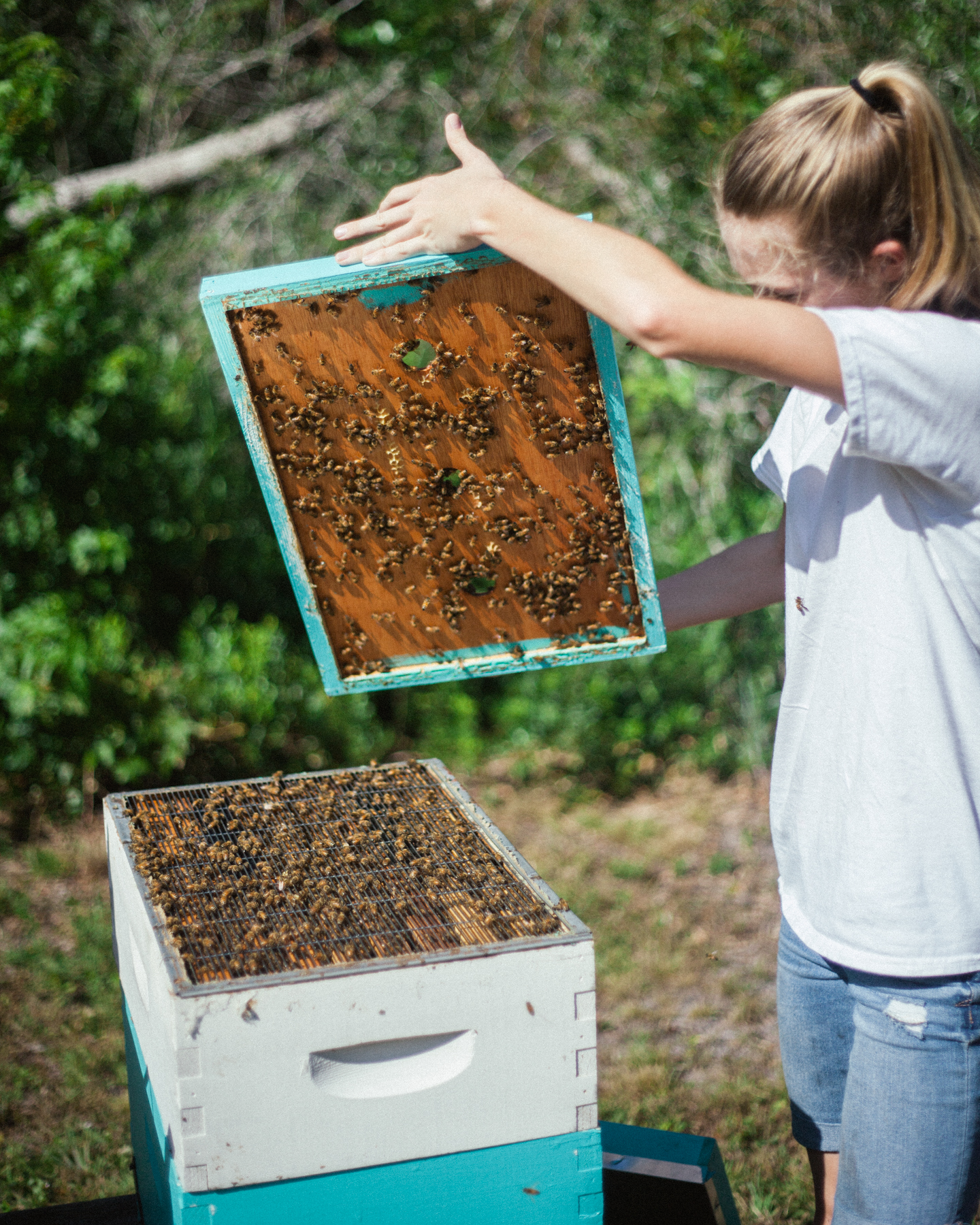
Rylee has been keeping bees since she was five.
“When my dad’s dad was little, he did bees, so they were just always around. My dad showed me through it all, and I kept with it. He’s still involved and every now and then my brother will help.”
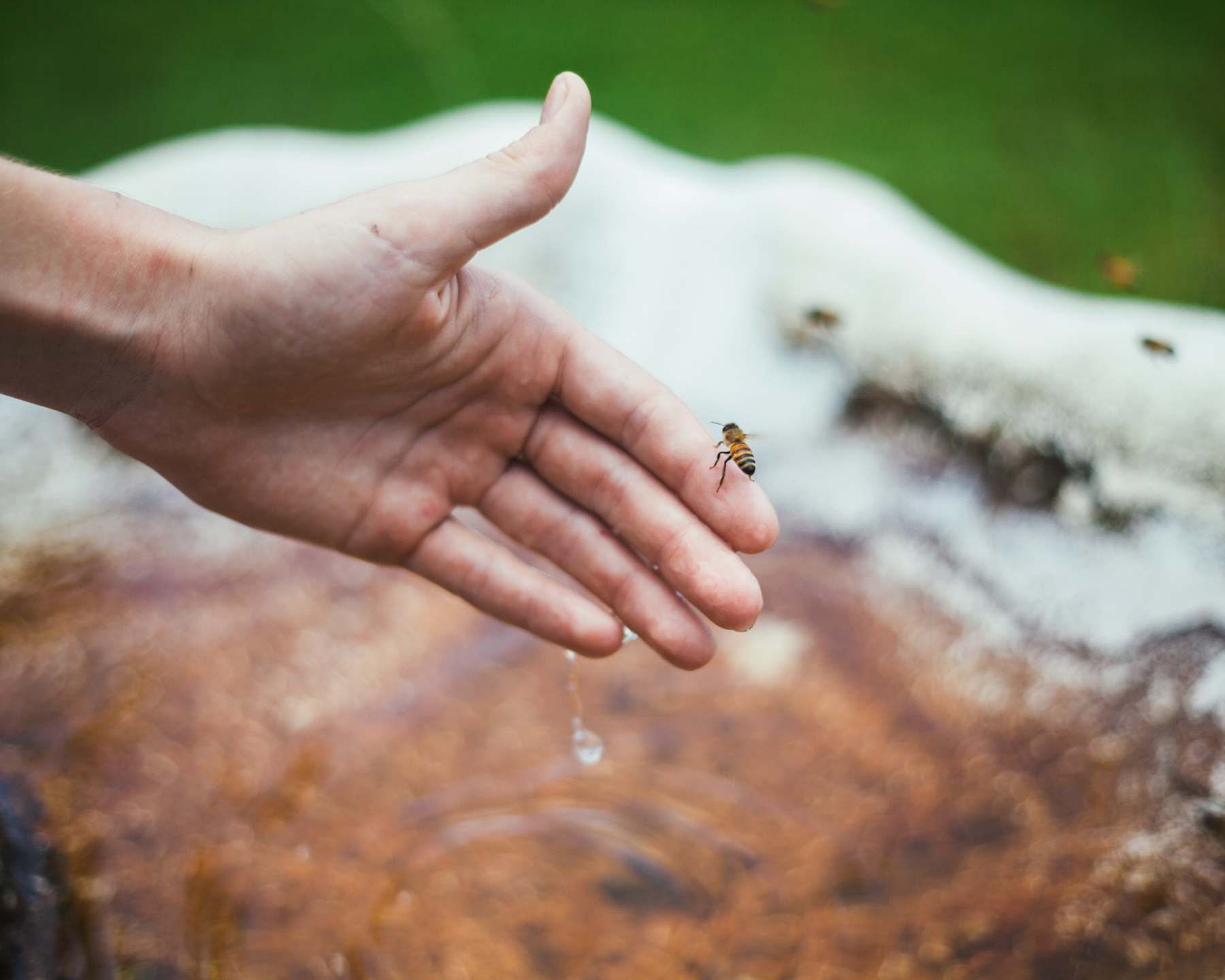
“I love all God’s creatures. Bees are the only insects that don’t prey on other animals. It always interested me that—you know how their wings make the buzz noise? It’s cause their wings stroke 11,000 times a minute.”

Ruby is directly descended from the McIntoshes, the Scottish Highlanders who settled in McIntosh County in the 1730s. Her granddaughter, also named Ruby, represents the clan’s sixth generation live in or around Darien (which was originally named New Inverness). The house she lives in was built in the 1800s by a ship captain.
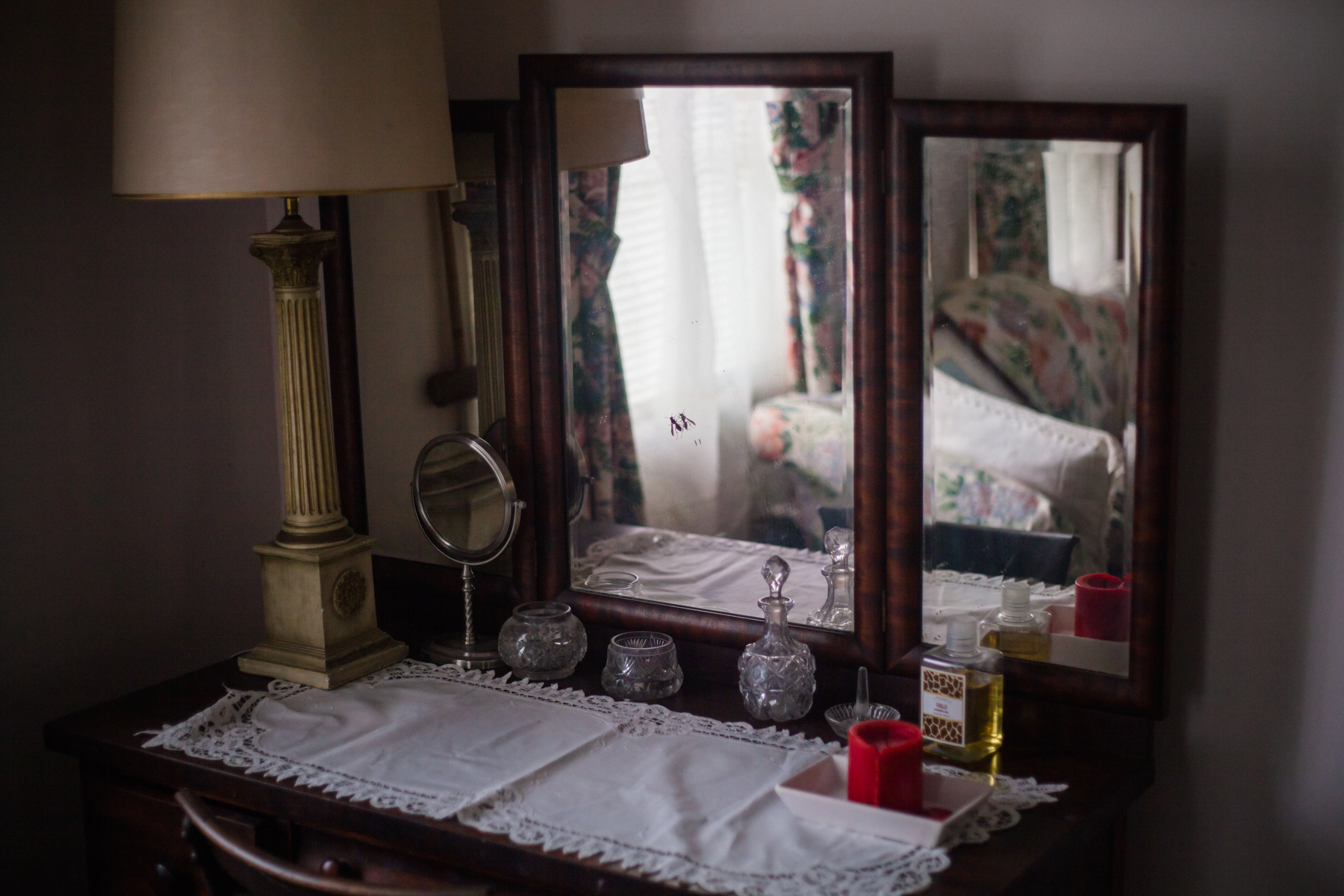
“This has been home since Dan and I married. We moved here, started having our babies, and raised them in this home. This home is filled with a lot of love, which is still ongoing and will be ongoing because the love we share is so special.”
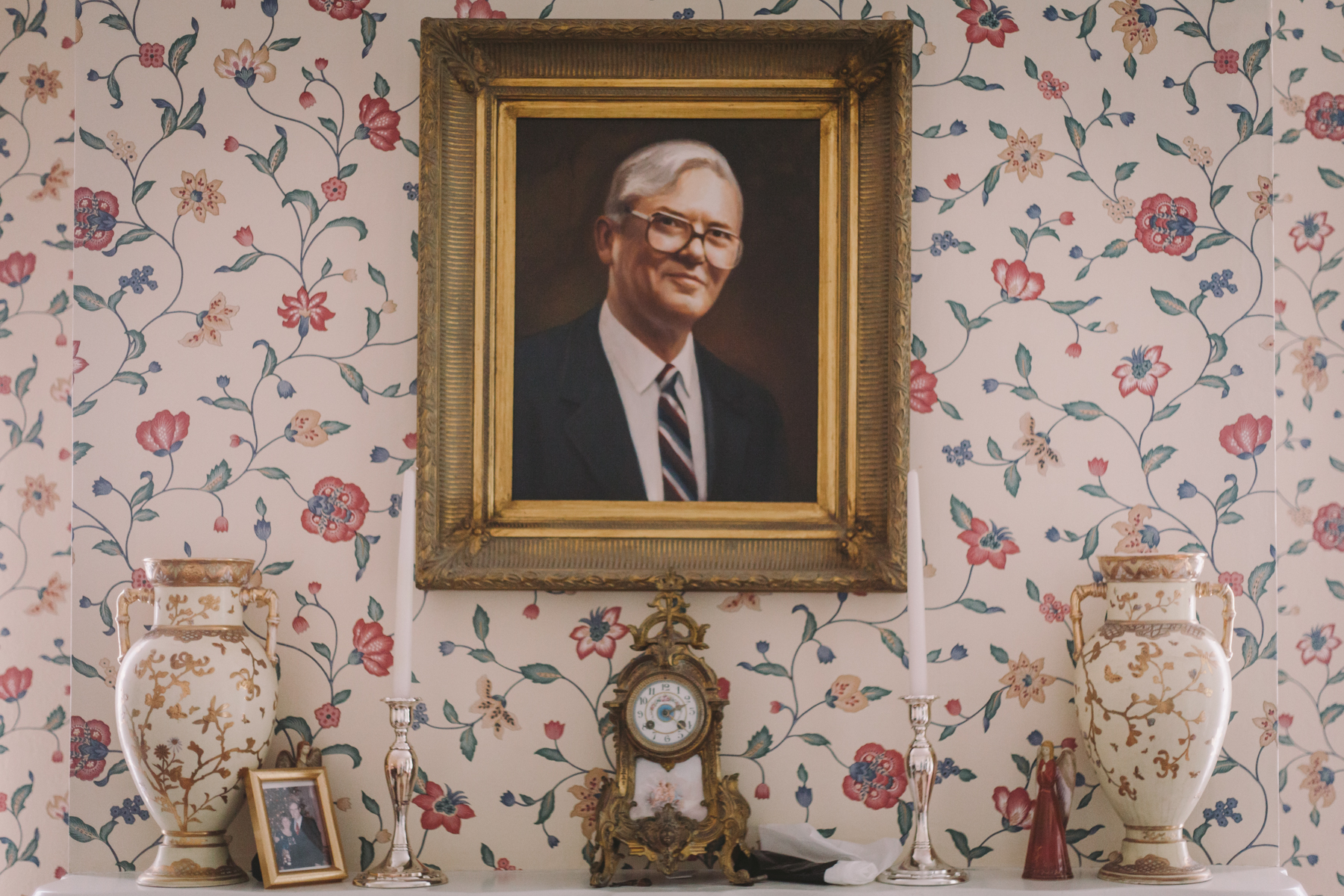
Her late husband Dan was an attorney and Ruby worked as a paralegal in his office, which she continues to do to this day. As her daughter Amy says, “She’s the brains of the operation.”
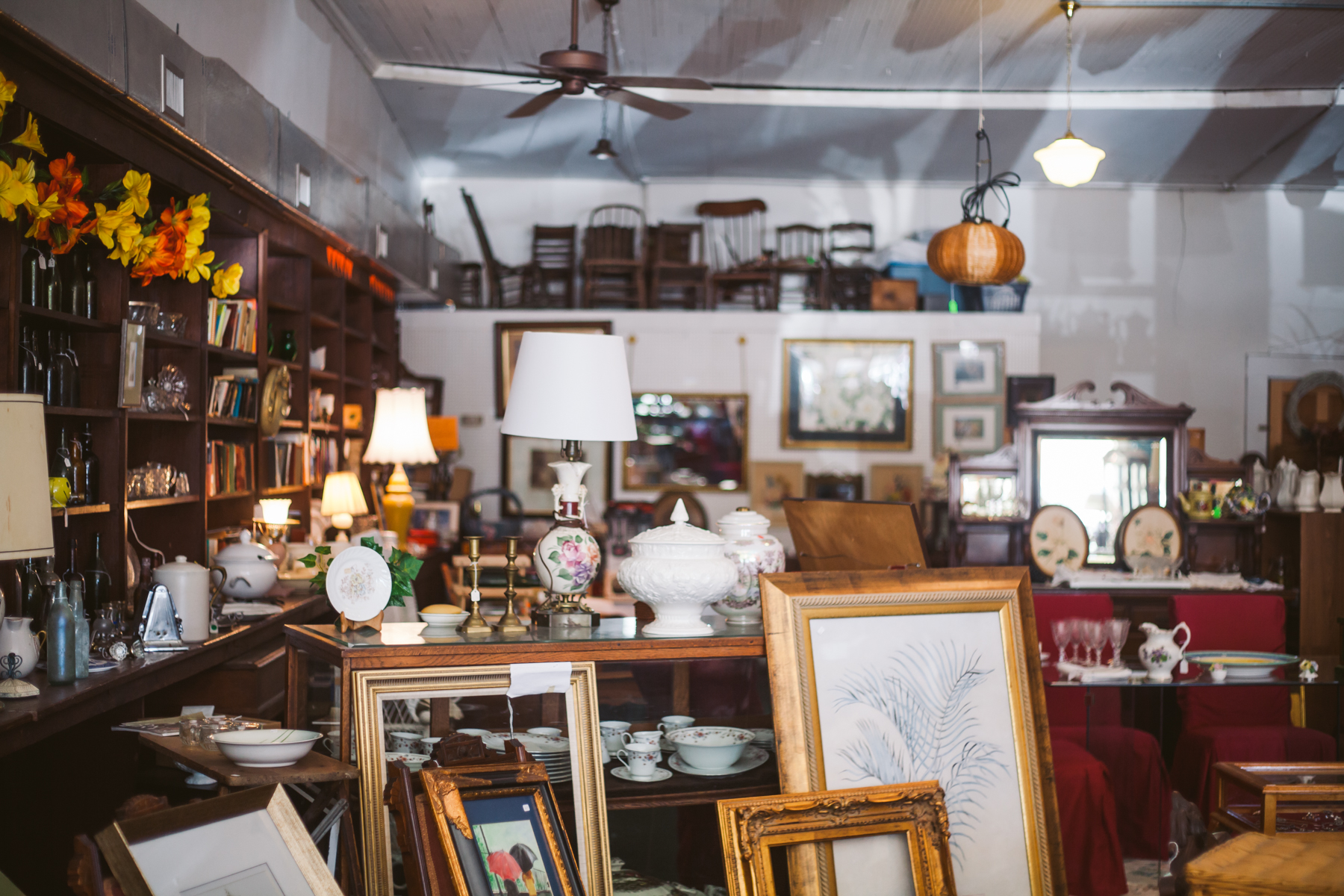
Ruby also owns an antique store that she and Dan opened together. Her son Dan Jr. now runs the shop.
“The building we bought in the early eighties. Dan liked to piddle with antiques—it started with that. We had a lot of dreams of traveling and doing antiques, but life dictated other things. Our children like antiques very much. We enjoy the shop and the whole business of antiques, so what it’s what we call a good life, a fun life.”

Dr. Collins lives in a house on a plot of land that has been in his family for more than a century.
“The property means more to me than the house because of the fact that it’s been in the family since 1875.”
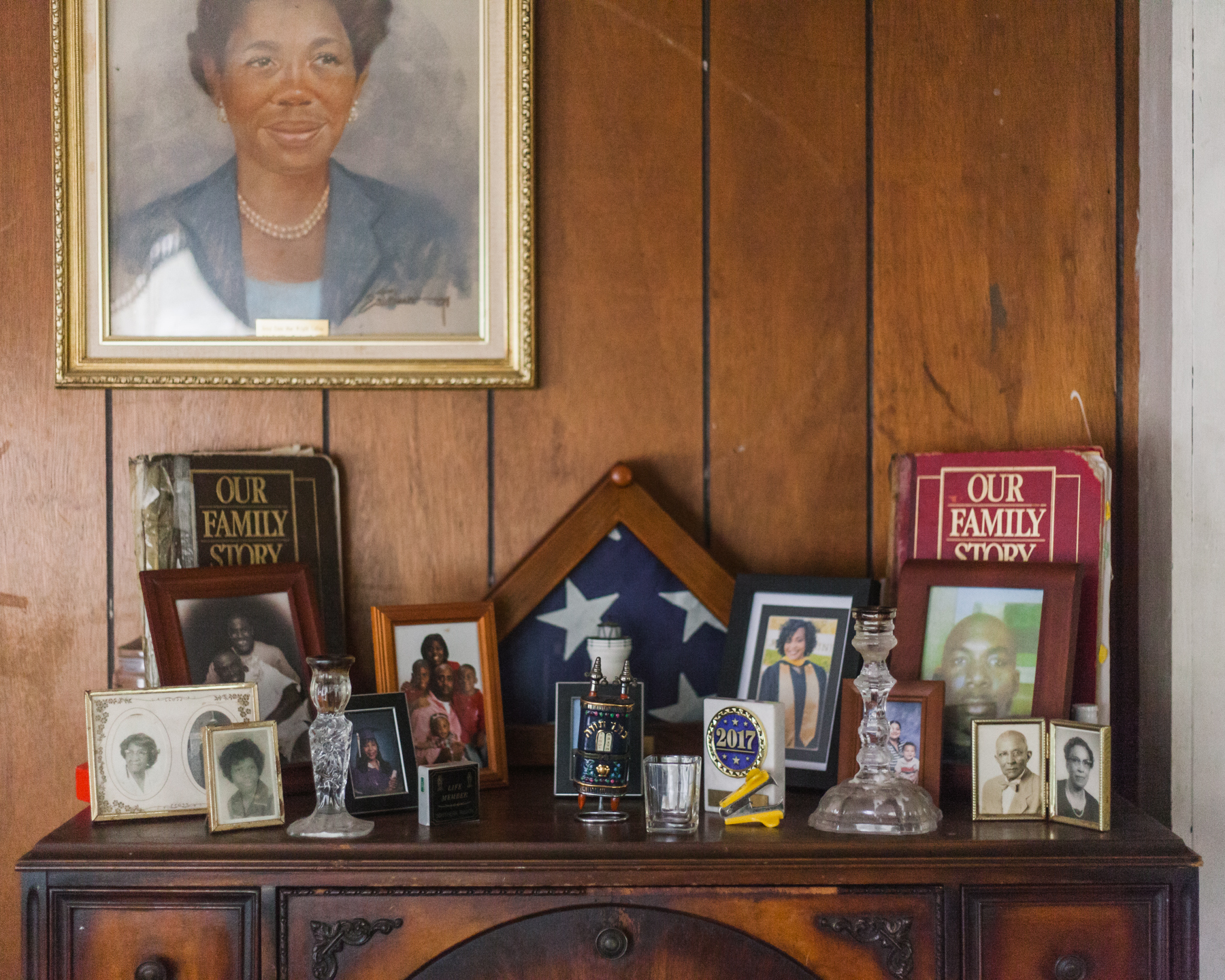
Dr. Collins is a history buff and keeps records, newspaper clippings, certificates, and other documents that he displays around his home. There are also many portraits of family members; pictured here is his aunt who raised him.
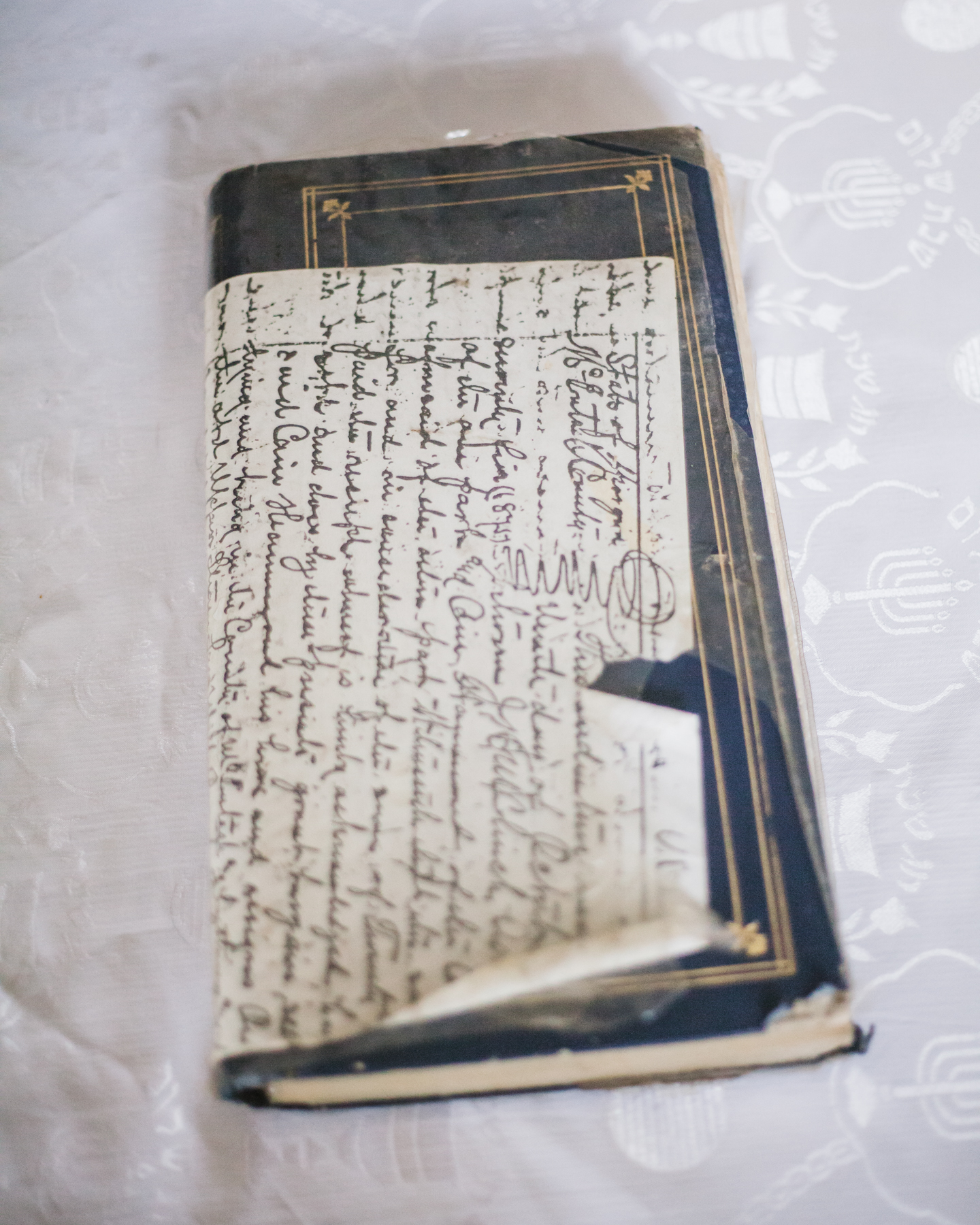
His great-grandfather Cain Hammond originally acquired the land—but it had been sold to someone outside the family by the time Dr. Collins learned about its history. He decided to buy it back and now has a copy of his great-grandfather’s deed.
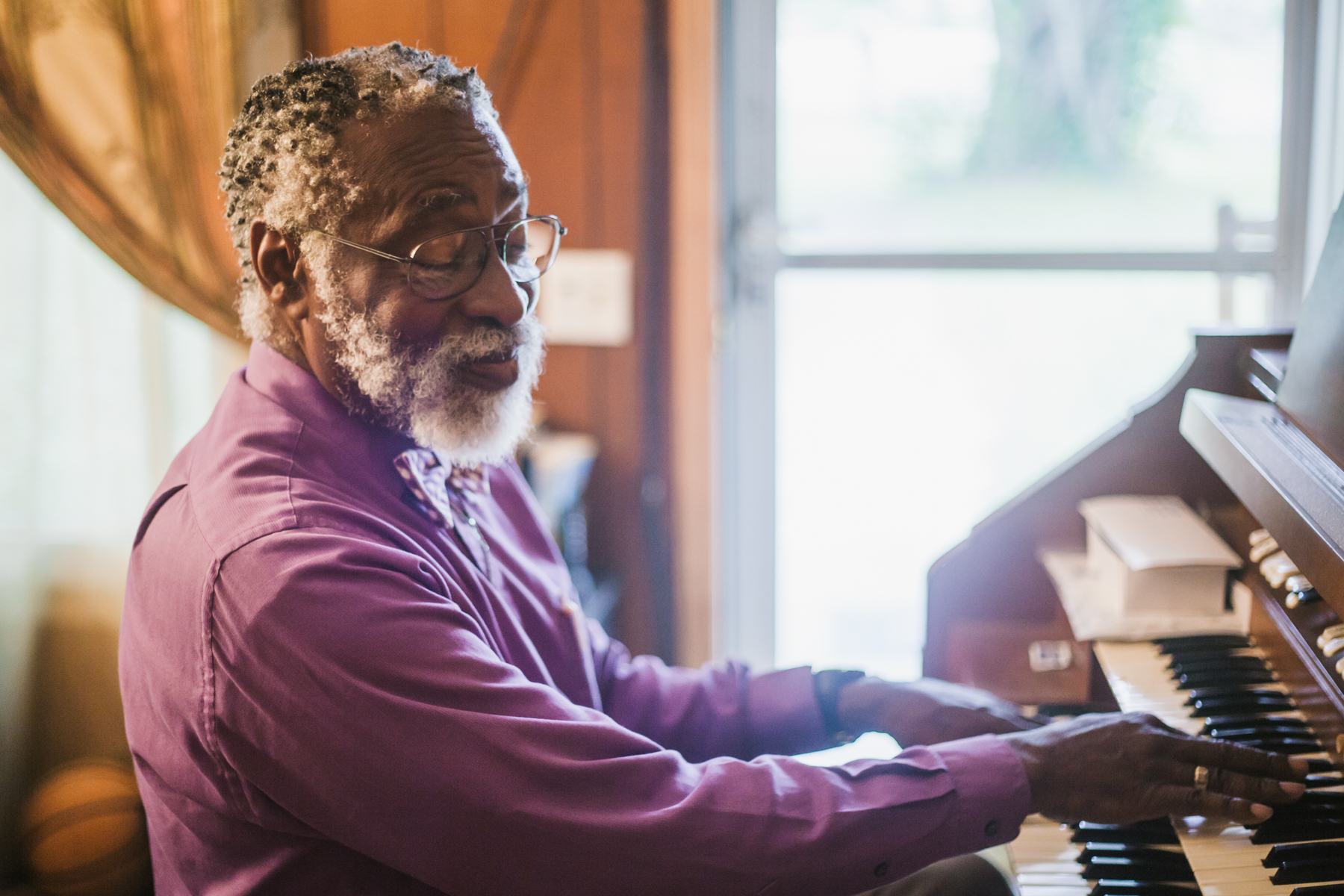
Dr. Collins’ religious résumé is robust: he’s the minister of music and organist at Franklintown United Methodist Church in Fernandina Beach, Florida. He is also a shamash (the equivalent of a deacon in the Christian tradition) at the First Tabernacle Beth El in Jacksonville, Florida, and an associate member of Temple Beth Tefilloh in Brunswick, Georgia.
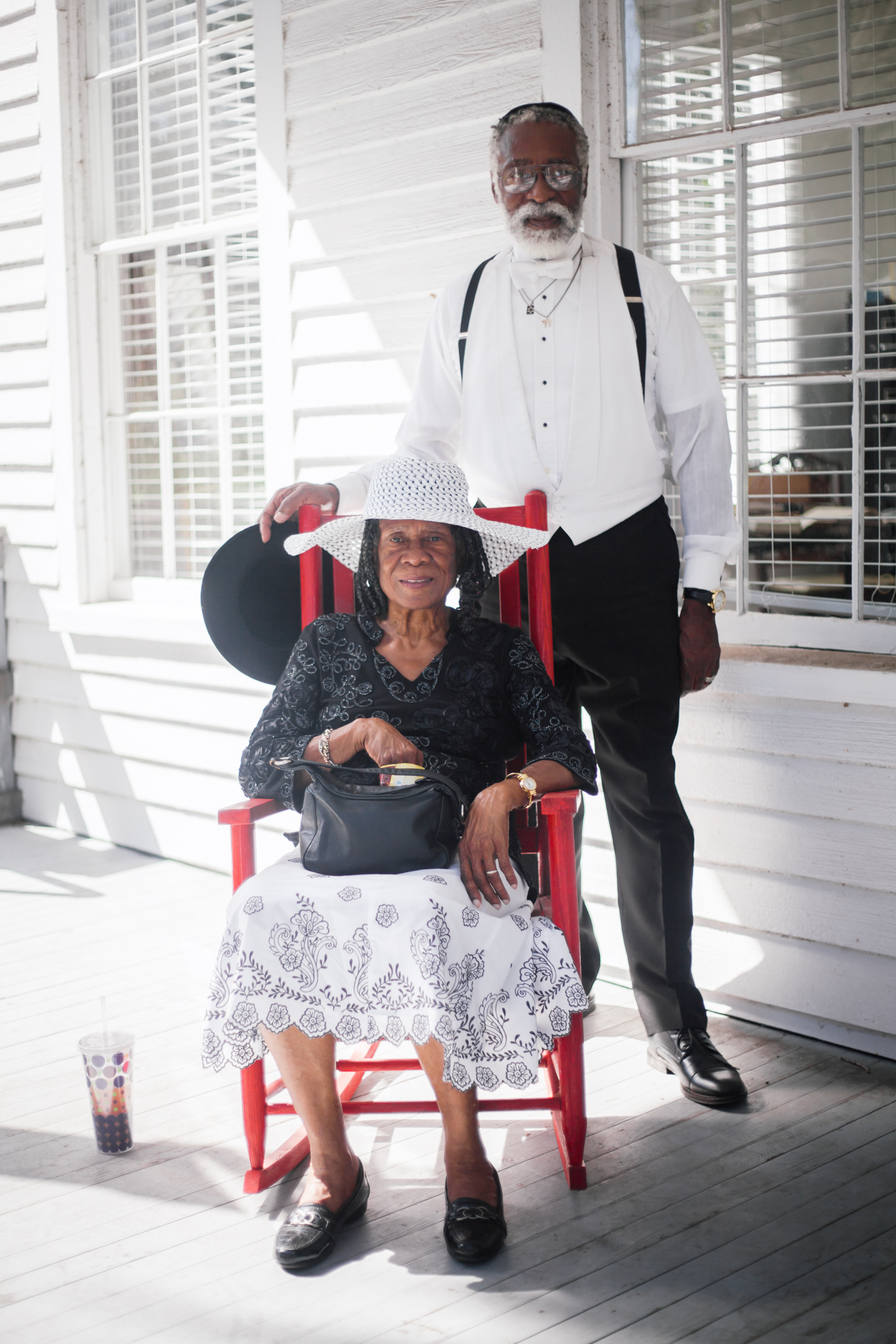
Dr. Collins serves as the chairman of the McIntosh County Historic Preservation Commission. Here, he poses for a portrait with Mrs. Eunice M. Moore, a board member of the commission, on the porch of the Burning of Darien museum that houses his office.
PHOTO ESSAY FOR The Collective Quarterly magazine (2017)
With fewer than 1,900 residents, the township of Darien, Georgia is a quintessential outpost of the Deep South.
The coastal municipality sits just 50 miles beneath Savannah, off Highway 17—the caught-in-time thoroughfare Yankees used to travel along to get from New York to Florida. It's a road that has hosted humanity in all its forms, from grifters tricking tourists at clip joints disguised as fruit stands to farmers and fisherman making an honest living by selling produce and shrimp out of the backs of their trucks.
In the summer of 2017, I spent a week in McIntosh County photographing a handful of Darien’s residents during a photojournalism workshop hosted by The Collective Quarterly magazine. I took a special interest in their homes, which often tell a story of their own when the inhabitants are absent.